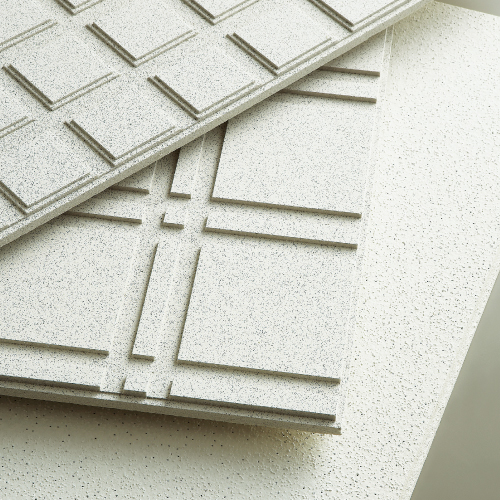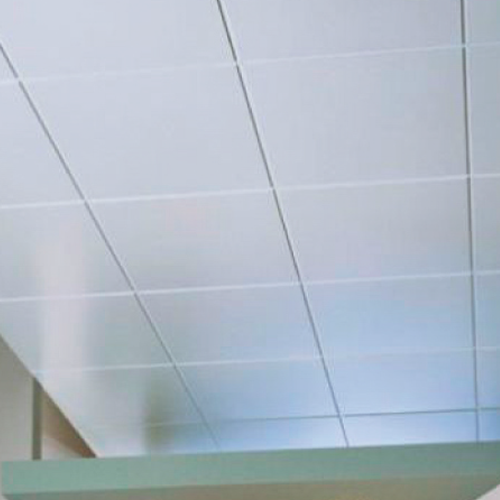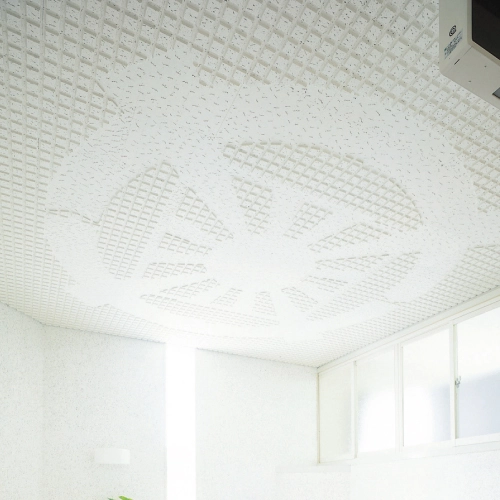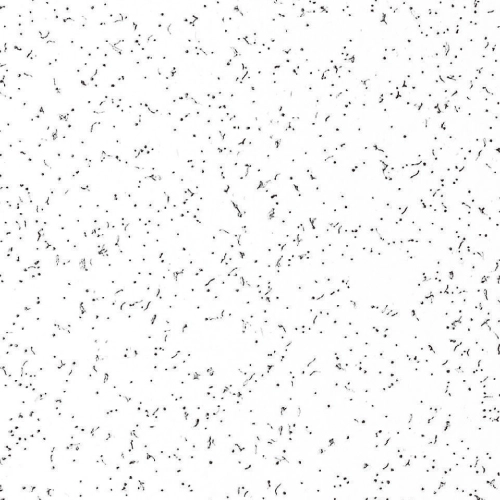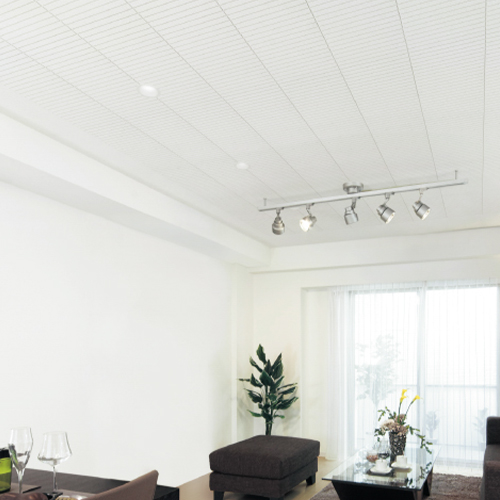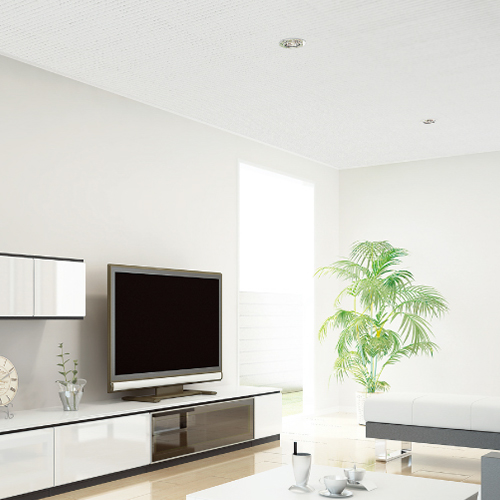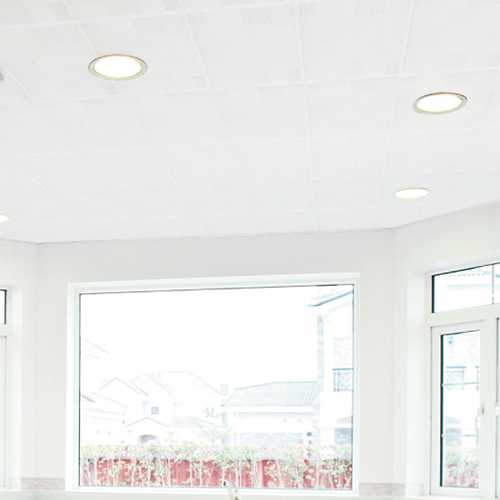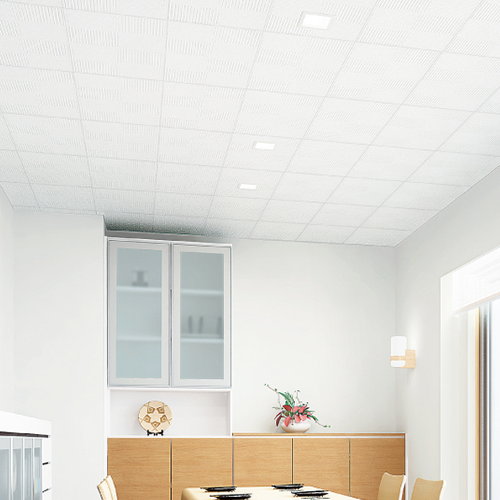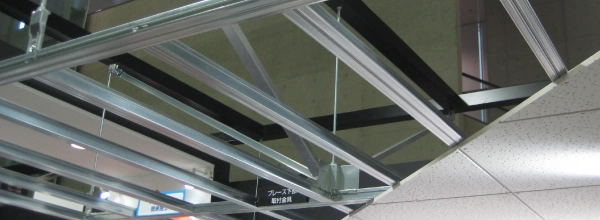Ceilings
Ceiling Lineup
Acoustic Mineral Fiber CeilingMade in Japan
Healthy CeilingMade in Japan
Eco CeilingMade in Japan
DAIKEN Ceilings are chosen in buildings all over the world

JR Kyoto station,Kyoto,Japan
DAIKEN Ceilings are made from selected mineral rockwool fibers and special binders. The mineral rockwool fibers uniformly interwoven by the unique wet-felting process to form DAIKEN Ceilings.
Because the DAIKEN Ceilings has porous properties with a low specific gravity,they exhibit efficient thermal insulation and sound absorption qualities,while resisting sound transmission more effectively than glass fiber products.
DAIKEN makes ceiling from slag wool,
a byproduct of iron manufacturing.

Slag is converted into mineral fibers, than the fibers are felted into DAIKEN Ceilings. Photo shows a piece of slag and mineral fibers.
There are many good reasons to choose DAIKEN Ceilings
Acoustic Mineral Fiber Ceiling
-
- Fire Resistance
-

Outstanding fire resistance helps contain fires.
-
- Sound Absorption
-

Adequately absorb the sound and create comfortable reverberant sound.
-
- Thermal Insulation
-

Thermal insulation performance is 6 times better than gypsum board, and helps to minimize cost of air conditioning.
-
- Attractive Design
-

With design versatility, DAIKEN ceiling are attractive.
Advantages to Builders
-
- Easy installation and maintenance.
- Most of DAIKEN Ceiling can be installed by the metal suspension system.

-
- No Asbestos contained
- All DAIKEN Ceilings are Asbestos-free products.


